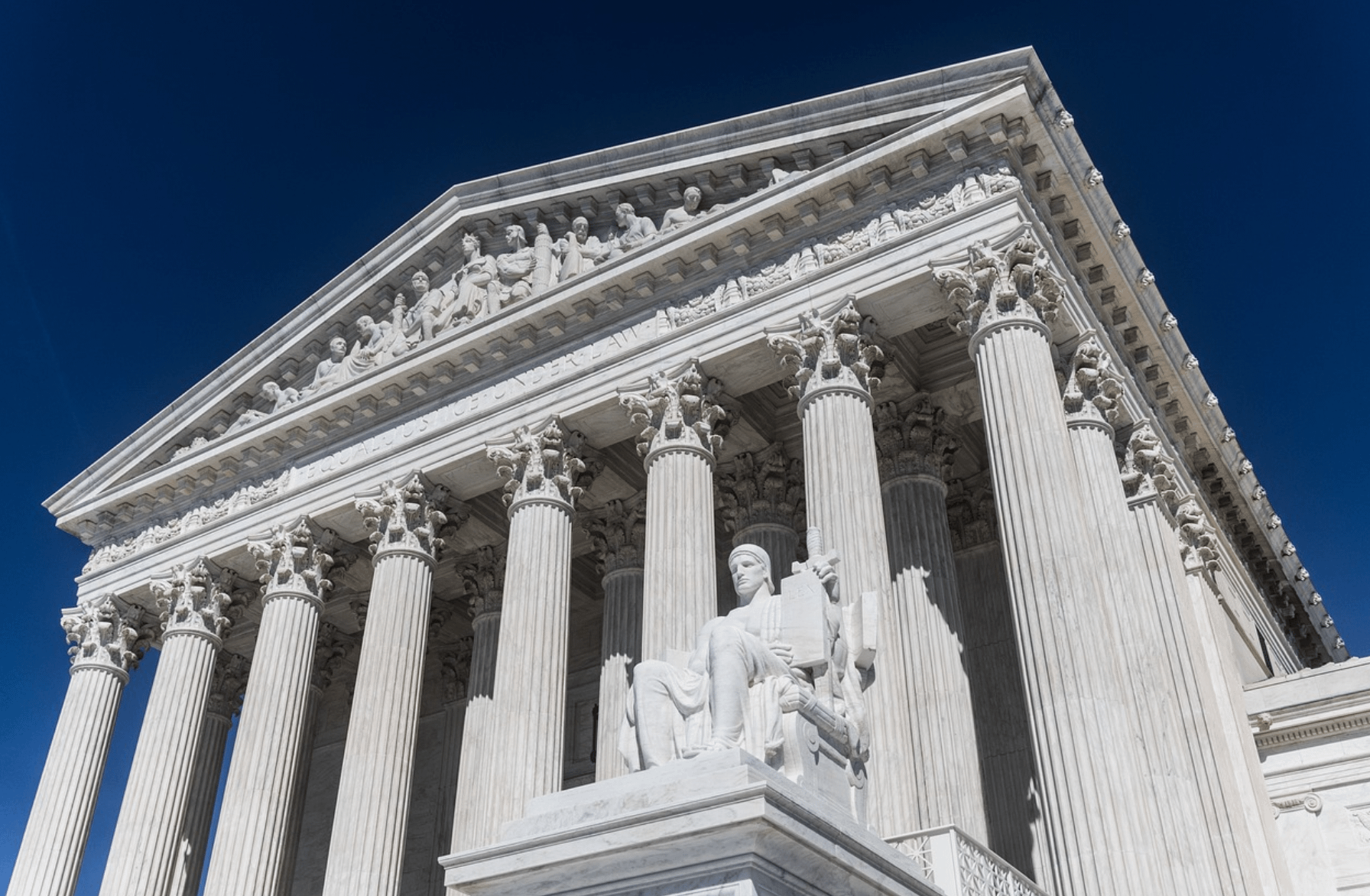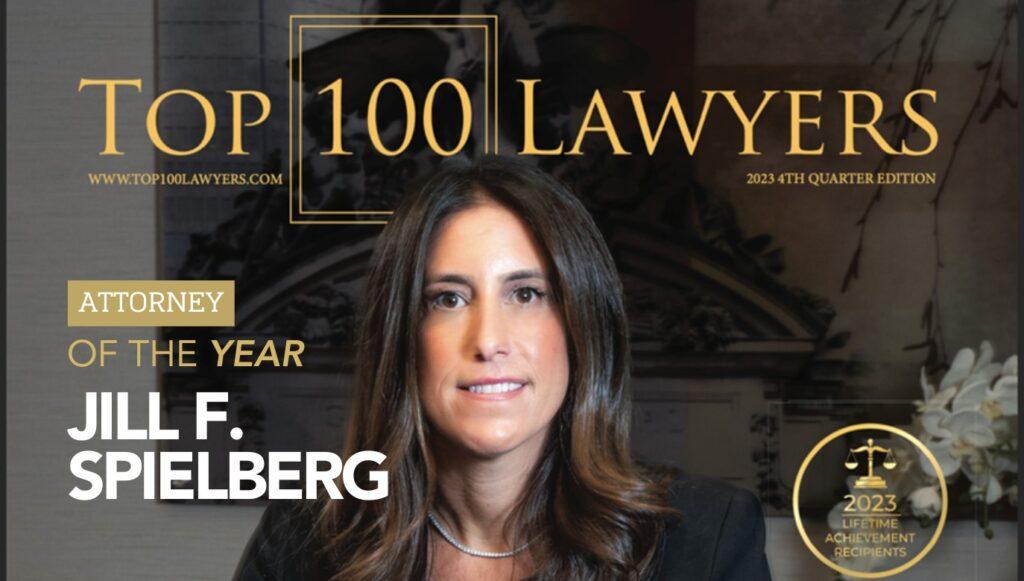LGBT Workplace Cases Arrive at SCOTUS as Kennedy Punches Out
“It’s not a right versus left, conservative versus liberal issue,” Seyfarth Shaw’s Sam Schwartz-Fenwick said. “It will be about the specific question that is presented.”
Justice Anthony Kennedy helped advance LGBT equality during his three decades on the bench—but now he’s leaving just as the U.S. Supreme Court is poised to consider the next front in that fight: protections for gay and transgender workers.
The Supreme Court could soon face cases that grapple with whether federal civil rights protections under Title VII of the Civil Rights Act extend to sexual orientation, a question that has divided appeals courts and government agencies.
Gay rights advocates hailed Kennedy’s legacy after he announced his resignation Wednesday from the high court, pointing to opinions he authored that legalized gay marriage and struck down laws criminalizing homosexuality.
Tension and uncertainty surrounding workplace protections for LGBT workers seems likely to persist, particularly given the Trump administration is expected to choose a more conservative replacement for Kennedy’s seat. Despite progress in the courts and from the business community, sweeping federal protections against discrimination for gay and lesbian workers remains unclear.
Seyfarth Shaw partner Sam Schwartz-Fenwick said there will be more uncertainty surrounding questions of LGBT protections, but even if Kennedy were still on the court, it wasn’t clear how the justices might interpret Title VII’s anti-discrimination protections.
Schwartz-Fenwick noted that the late Justice Antonin Scalia, a conservative stalwart, authored the opinion in the 1998 case Oncale v. Sundowner Offshore Services, which said men and women should be protected from sexual harassment.
“It’s not a right versus left, conservative versus liberal issue,” Schwartz-Fenwick said. “It will be about the specific question that is presented.”
Acknowledging Kennedy’s role in advancing LGBT equality, Lambda Legal CEO Rachel Tiven said the justice’s departure leaves unanswered how far equal-rights protections might be extended. Attorneys with Lambda Legal are playing a key role in the court cases that are making their way through the appeals courts surrounding Title VII protections.
“We are shocked and saddened that a justice who was once the defender of dignity for LGBT people and our families on the court would chose this moment to hang up his robe and give the Trump administration the opportunity to further derail anti-discrimination laws and undermine the rule of law,” Tiven said.
A recent report from the Human Rights Campaign Foundation found that nearly half of gay and transgender workers remain closeted at work, a statistic that has remained largely unchanged in the last decade. The group tracks LGBT policies at major companies across the country, and has found a record number of companies are adopting progressive policies for gay and transgender workers.
The U.S. Equal Employment Opportunity Commission and advocates in recent years have pushed for a broader interpretation of Title VII to include sexual orientation, as well as gender identity. The agency, tasked with enforcing those civil rights laws, have tackled thousands of cases on behalf of LGBT workers since it adopted a new position in 2013. The Trump administration’s Justice Department pushed back against the interpretation, creating a rare conflict between agencies.
Two petitions arrived in recent weeks—and they could be acted on by the time the new term starts in the fall.
One of the petitions, Altitude Express v. Zarda, arrived from the U.S. Court of Appeals for the Second Circuit, which said in February that Title VII should include sexual orientation. The Second Circuit aligned with the Seventh Circuit’s decision last year in Hively v. Ivy Tech Community College. Another LGBT workplace case, Bostock v. Clayton County, Georgia, is also pending at the Supreme Court.
The attorneys in a Sixth Circuit case involving similar issues, EEOC v. R.G. & G.R. Harris Funeral Home, recently asked the Supreme Court for an extension of time to file a petition for review. The case tees up questions concerning whether gender identity should be protected under Title VII. At least five appeals courts have said gender identity should be protected under federal civil rights law. Trump’s Justice Department last year reversed guidance that issue and argued transgender workers should be protected.
David Lopez, a Washington-based Outten & Golden attorney and soon-to-be dean at Rutgers Law School, said the business community has pushed for broader protections for gay workers. He predicted that arguments in support of a broad interpretation of Title VII could have some resonance at the post-Kennedy Supreme Court.
“I’m still optimistic, but I would have been more optimistic had Kennedy been on the court. He was always the margin of difference. Social issues is where there was some hope in him for more progressive people.” Lopez said. He added, “It won’t be a unanimous decision. You will have different sides of the coin. I still think it’s possible that the Supreme Court will follow what the Seventh and Second have done. Those circuits have Democratic and Republican appointees.”
Sharon Stiller, partner and director of the employment law practice at Abrams, Fensterman, Fensterman, Eisman, Formato, Ferrara, Wolf & Carone, said liberal justices on the Supreme Court might not be eager to take up the pending petitions.
Stiller acknowledged there is gray area between the liberal and conservative lines on workplace-rights issues. Courts have recognized a changing society, but a strict interpretation of Title VII could reject extending broader workplace rights to gay, lesbian and transgender employees. There is a dearth of legislative history on sex discrimination written into Title VII about intention, she said.
“There is a lot to be argued on either side,” Stiller said. “It depends on your historical analysis, philosophical analysis and the interpretation of various rights. There is more at issue than just analyzing, ‘Should we be protecting the rights of persons based on their sexual orientation?’ It’s much more an interpretation question.”





